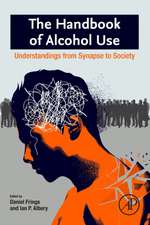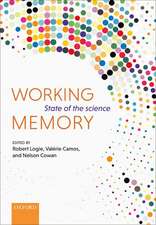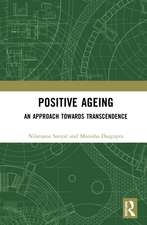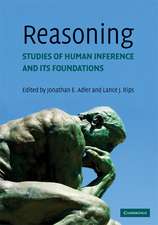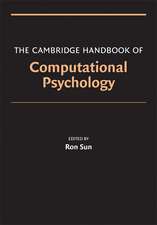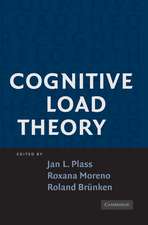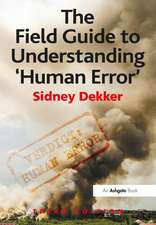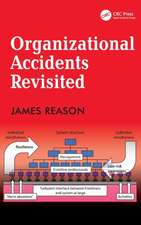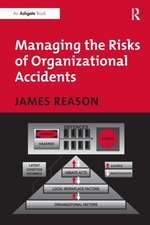Human Error
Autor James Reasonen Limba Engleză Paperback – 25 oct 1990
Preț: 349.84 lei
Nou
66.95€ • 72.70$ • 56.24£
Carte disponibilă
Livrare economică 01-15 aprilie
Livrare express 15-21 martie pentru 35.29 lei
Specificații
ISBN-10: 0521314194
Pagini: 320
Dimensiuni: 148 x 227 x 21 mm
Greutate: 0.52 kg
Editura: Cambridge University Press
Colecția Cambridge University Press
Locul publicării:New York, United States
Cuprins
Preface; 1. The nature of error; 2. Studies of human error; 3. Performance levels and error types; 4. Cognitive under-specification and error forms; 5. A design for a fallible machine; 6. The detection of errors; 7. Latent errors and systems disasters; 8. Assessing and reducing the risks associated with human error; References.
Recenzii
Descriere
Human Error, published in 1991, is a major theoretical integration of several previously isolated literatures. Particularly important is the identification of cognitive processes common to a wide variety of error types. Technology has now reached a point where improved safety can only be achieved on the basis of a better understanding of human error mechanisms. In its treatment of major accidents, the book spans the disciplinary gulf between psychological theory and those concerned with maintaining the reliability of hazardous technologies. As such, it is essential reading not only for cognitive scientists and human factors specialists, but also for reliability engineers and risk managers. No existing book speaks with so much clarity to both the theorists and the practitioners of human reliability.

